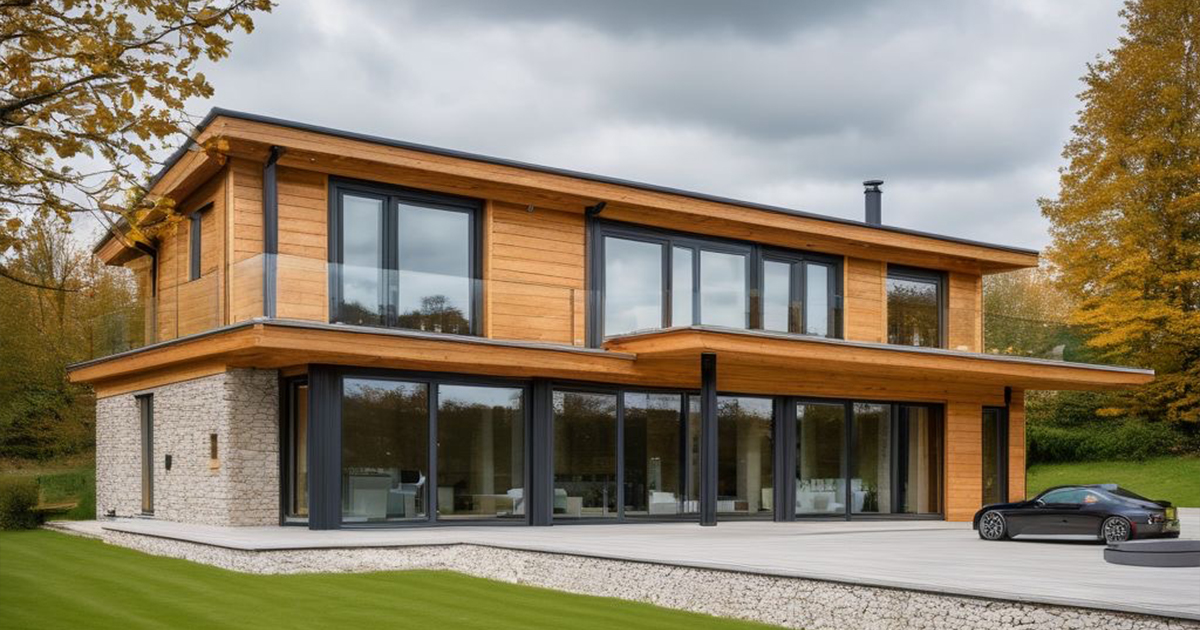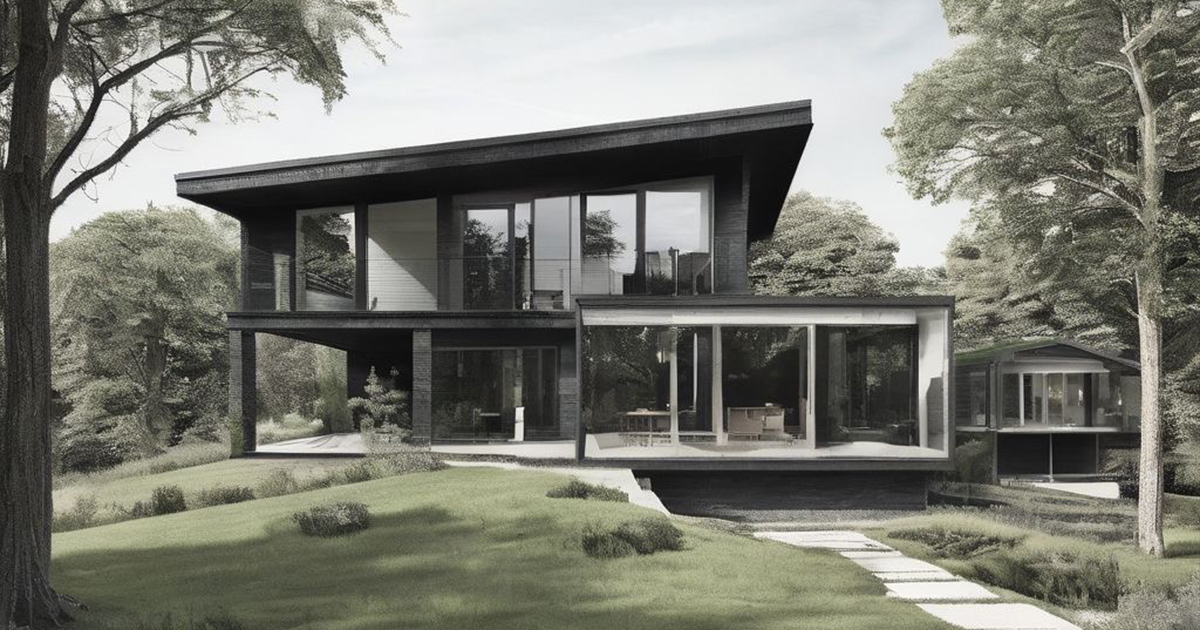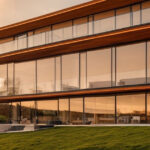Prefabricated wooden construction. Advantages & Approach
Prefabricated wooden construction has become increasingly popular in the construction industry due to its sustainability, speed of implementation, and high energy performance. This approach combines natural materials such as wood with prefabricated processes that allow for the factory production of complete structural and architectural components, which are then transported to the construction site for assembly.
Prefabricated wooden constructions offer several advantages:
Environmental sustainability:
Wood is a renewable material with low environmental impact, contributing to the reduction of carbon emissions and maintaining high indoor air quality.
Speed of implementation:
Since many parts are manufactured in the workshop, the on-site construction time is reduced, allowing the project to be completed more quickly.
Quality control:
Factory production provides greater control over the precision and quality of components, reducing errors and improving the durability of the building.
Energy efficiency:
Prefabricated wooden constructions can easily integrate advanced insulation systems and energy management solutions, ensuring high standards of energy efficiency and optimal living comfort.
Adaptability and flexibility:
Prefabricated wooden constructions can be customized to suit the owners’ needs in terms of design and functionality.
In summary, prefabricated wooden constructions offer an innovative and sustainable solution for building residential homes and buildings, combining ecological performance with high structural standards.






